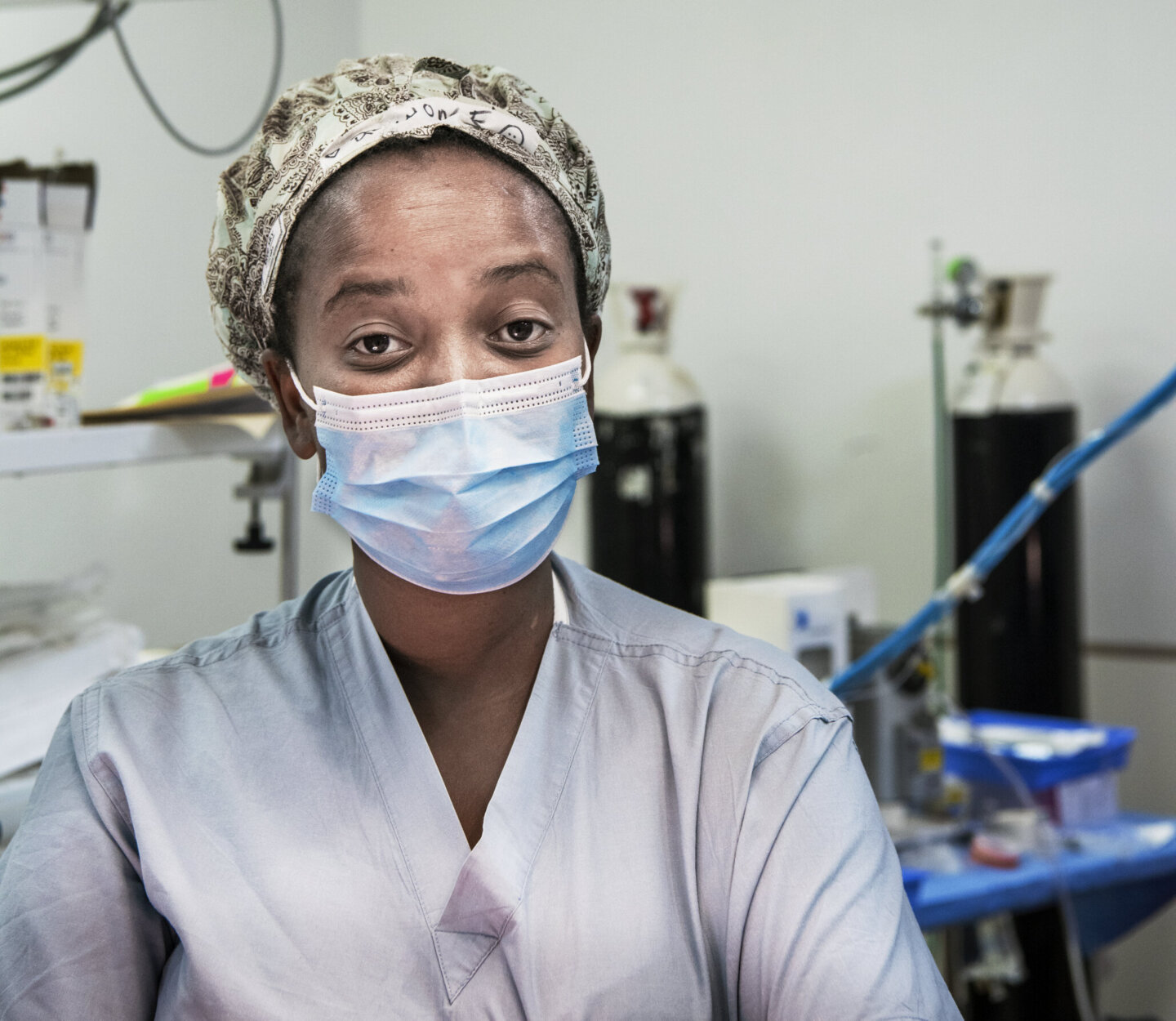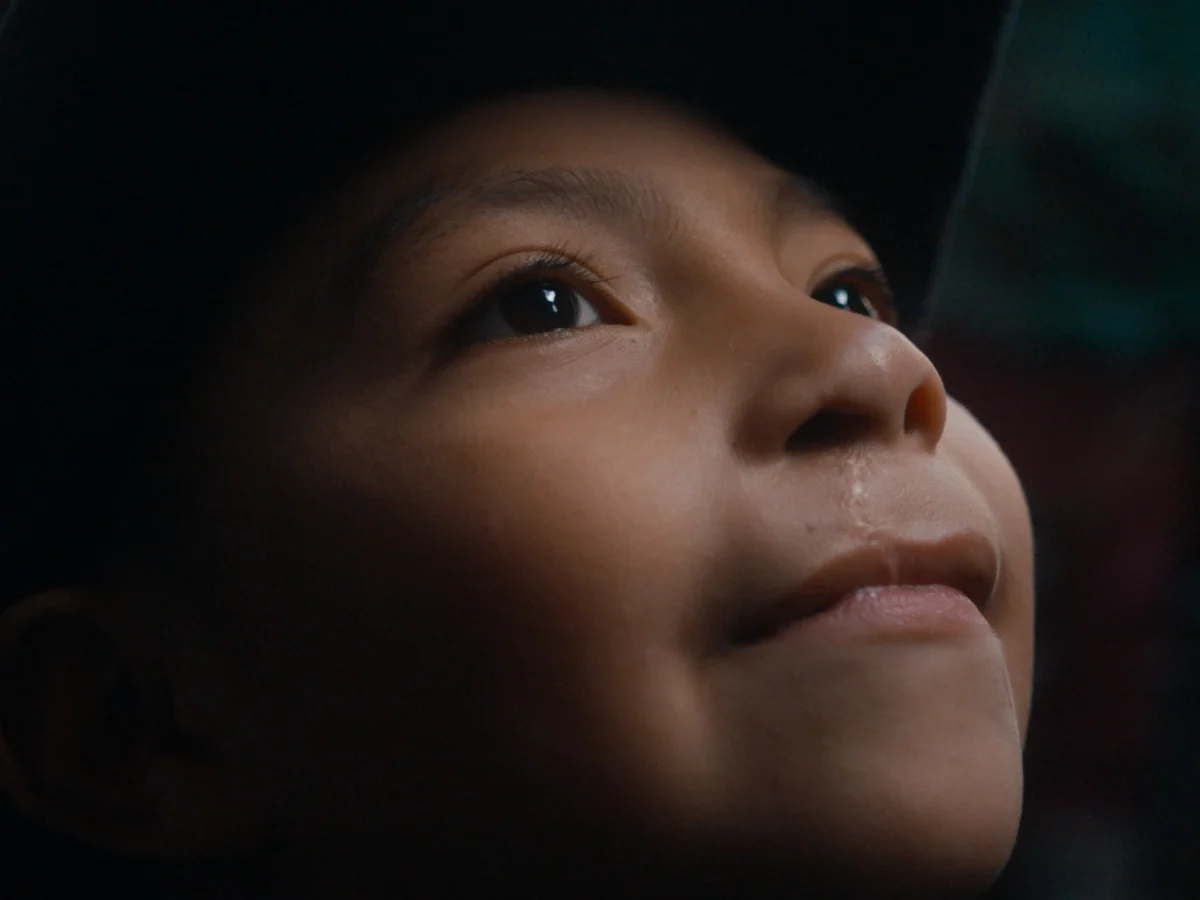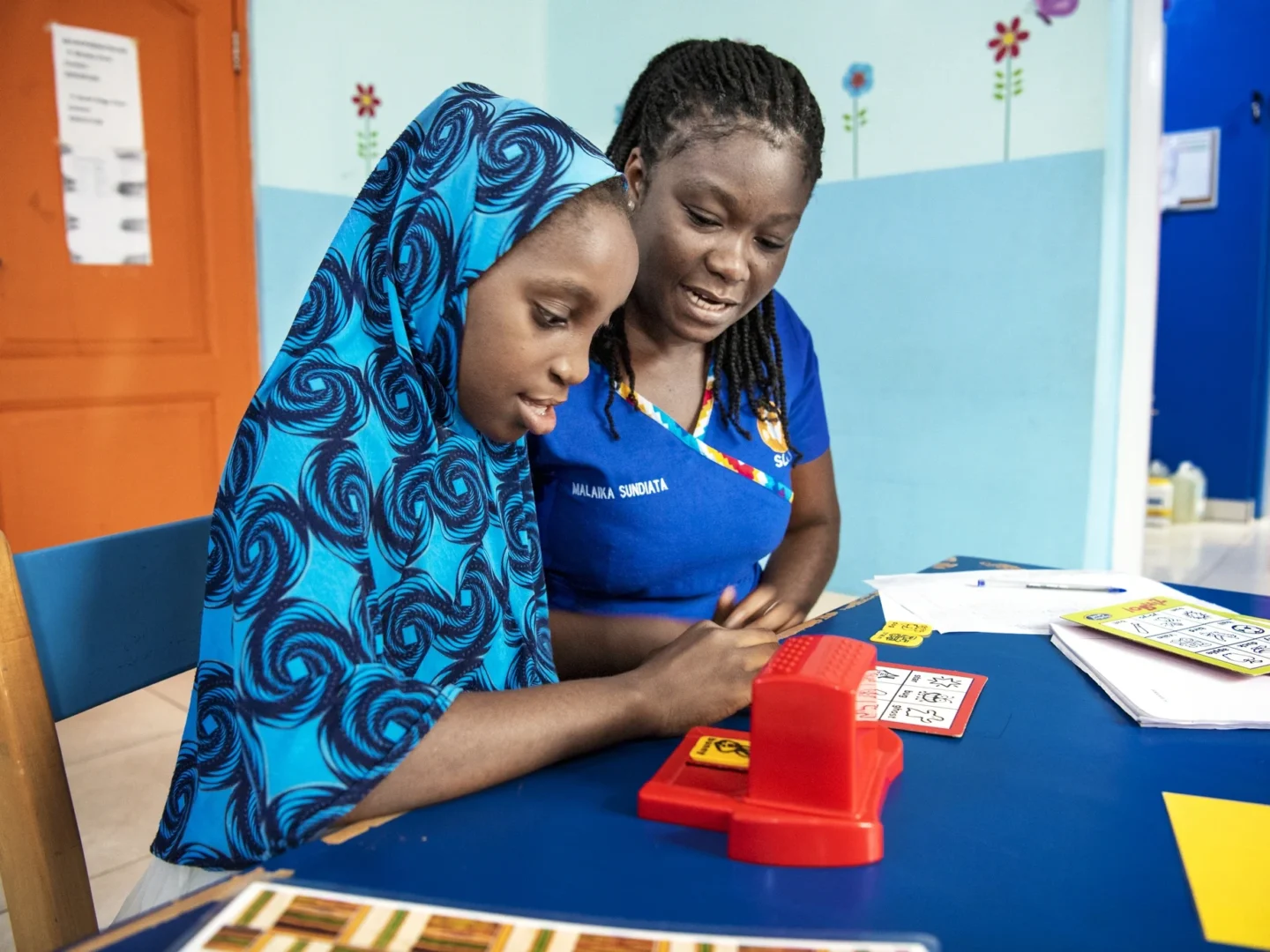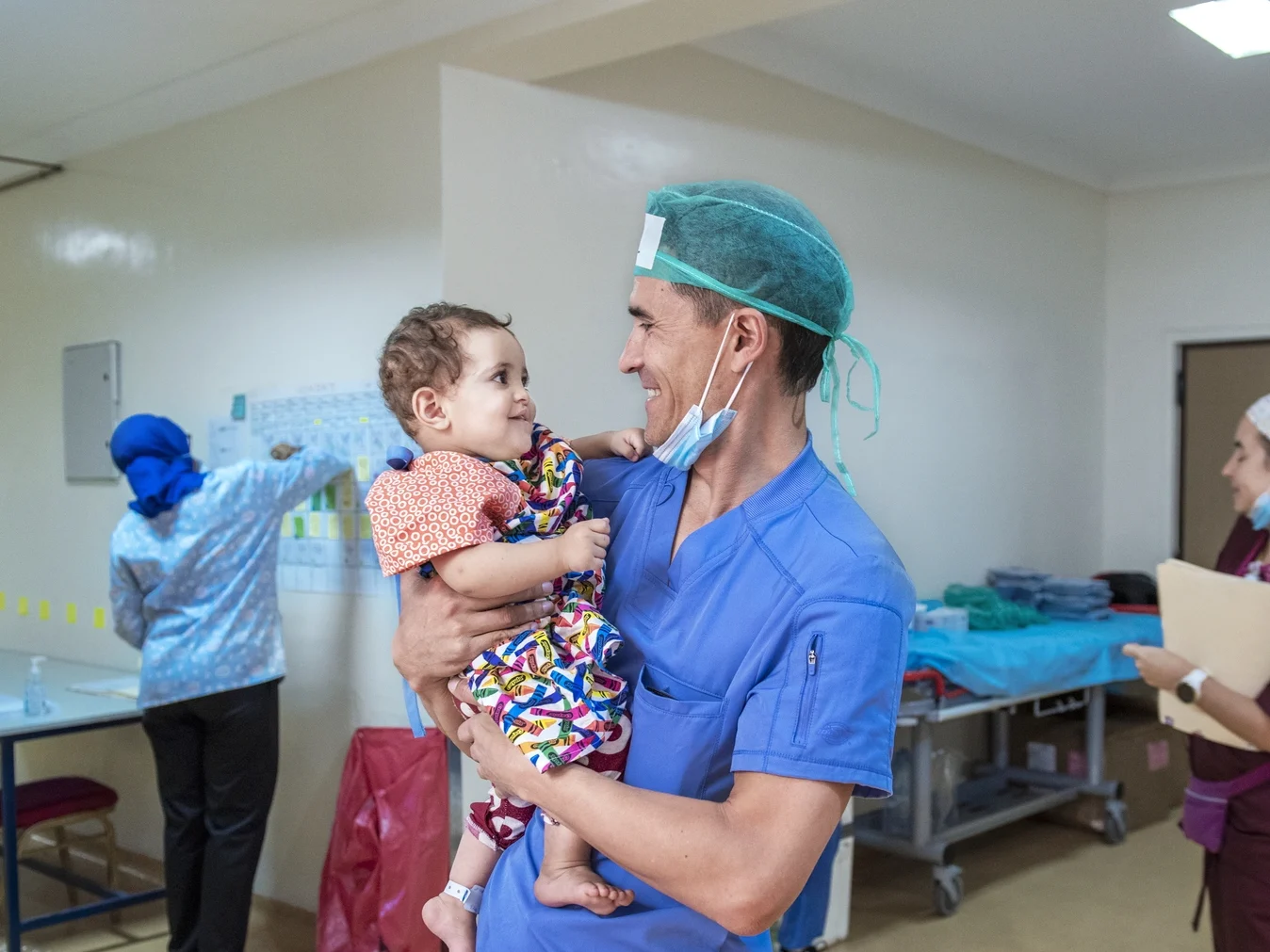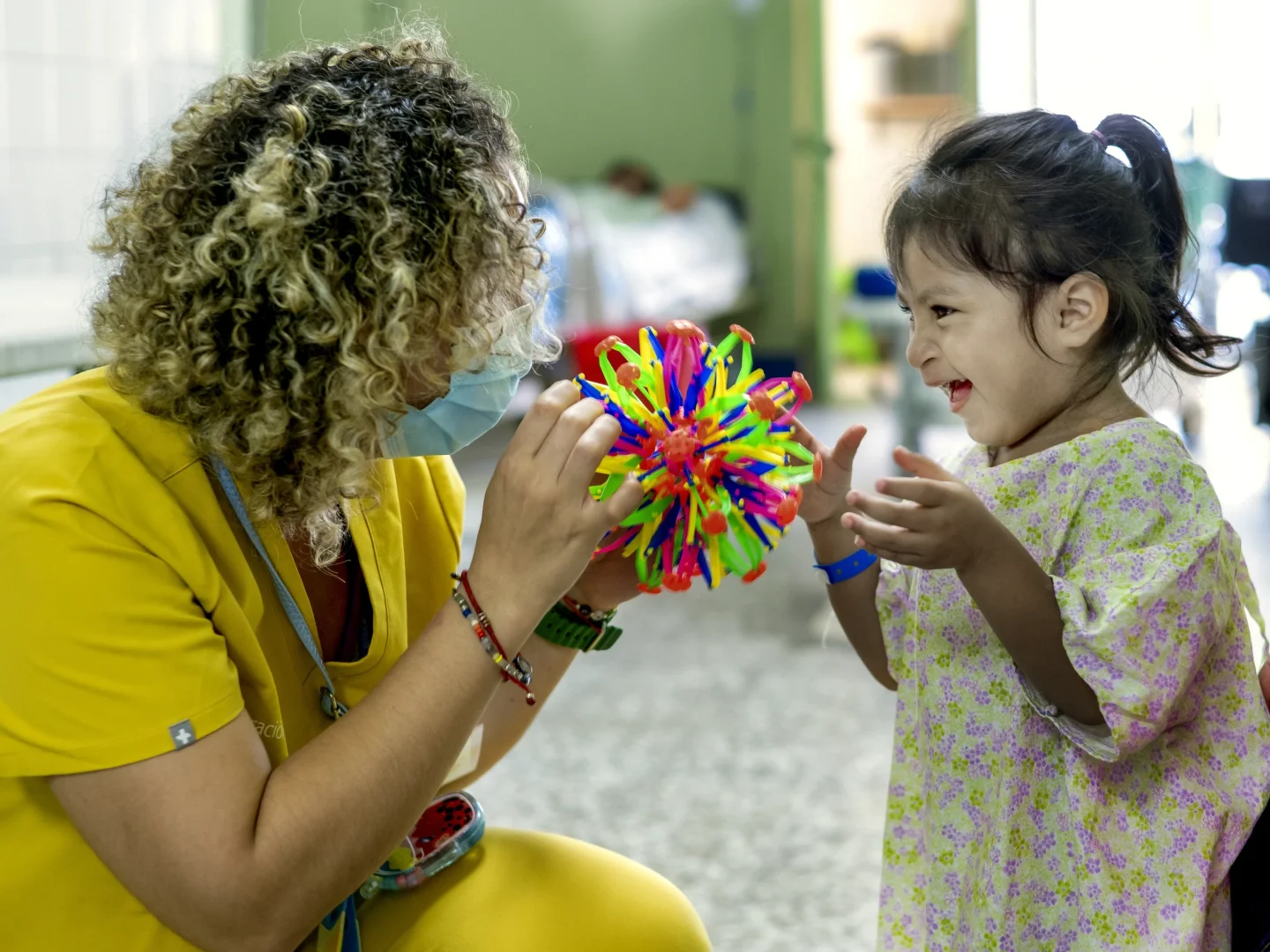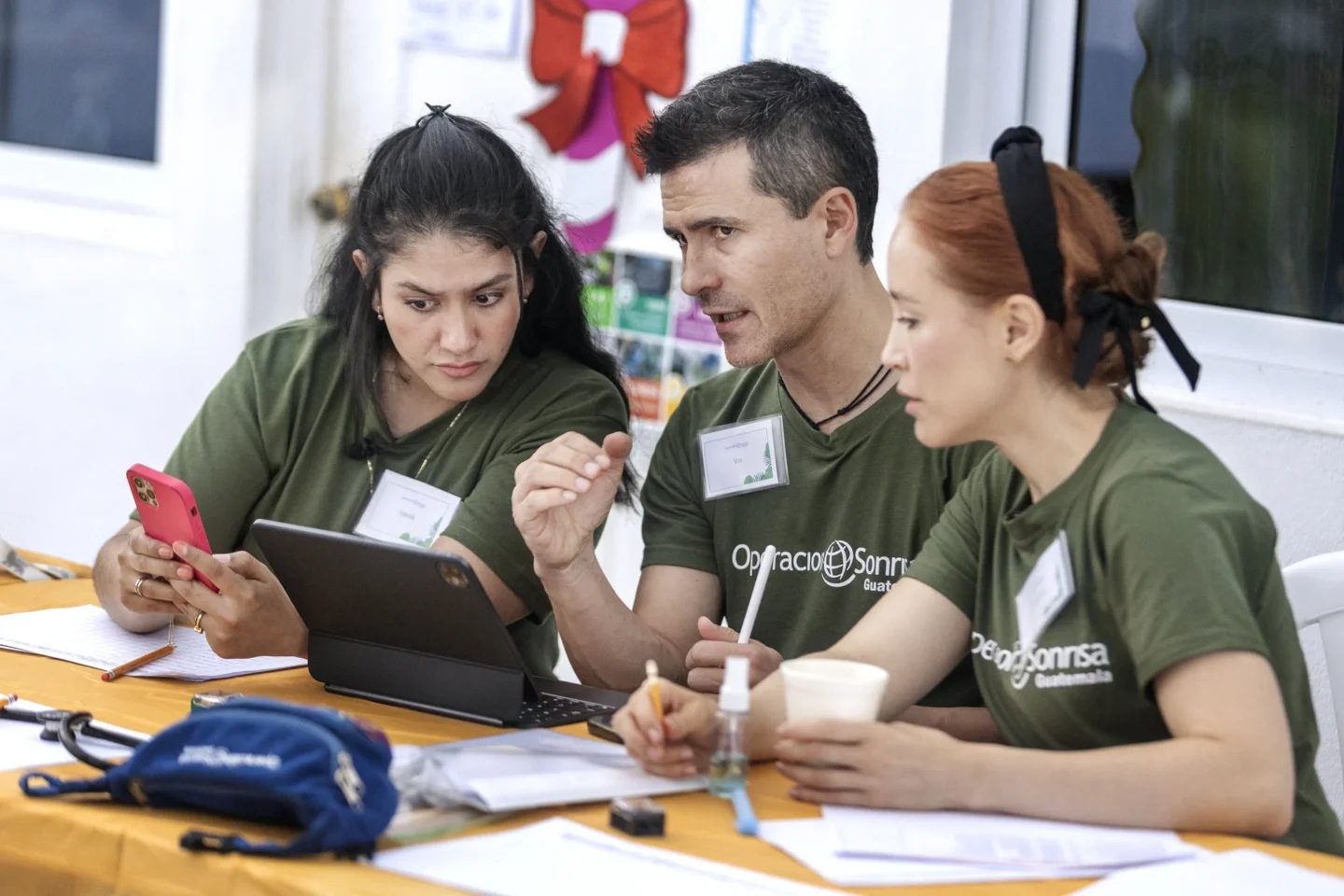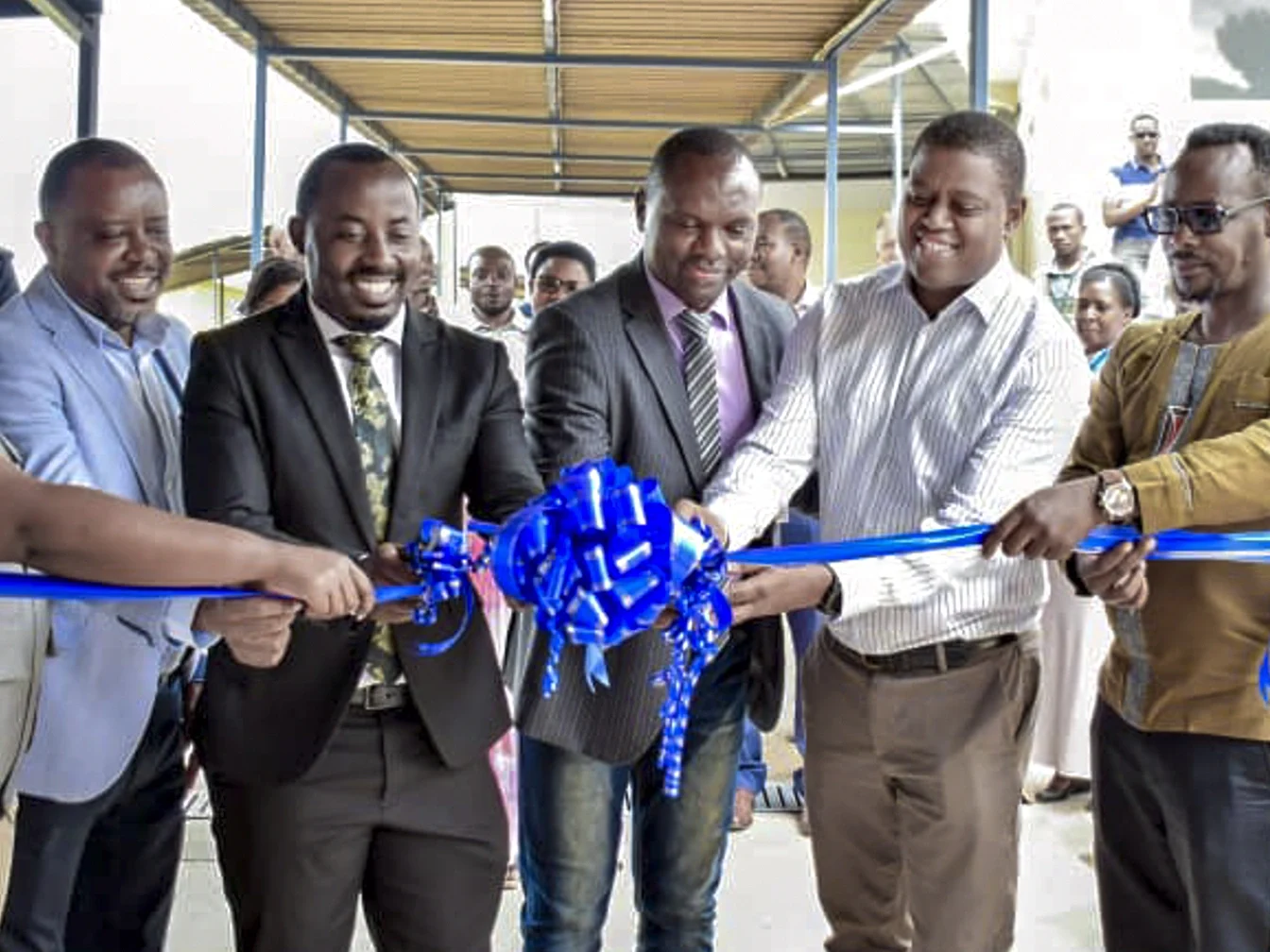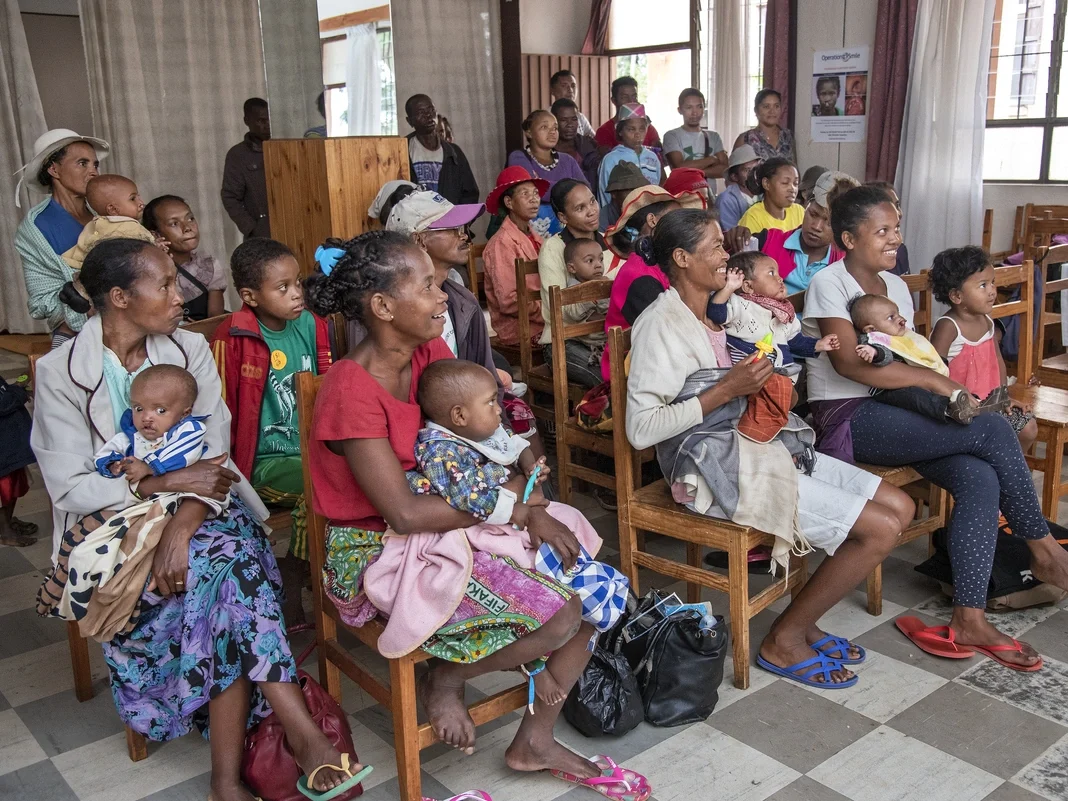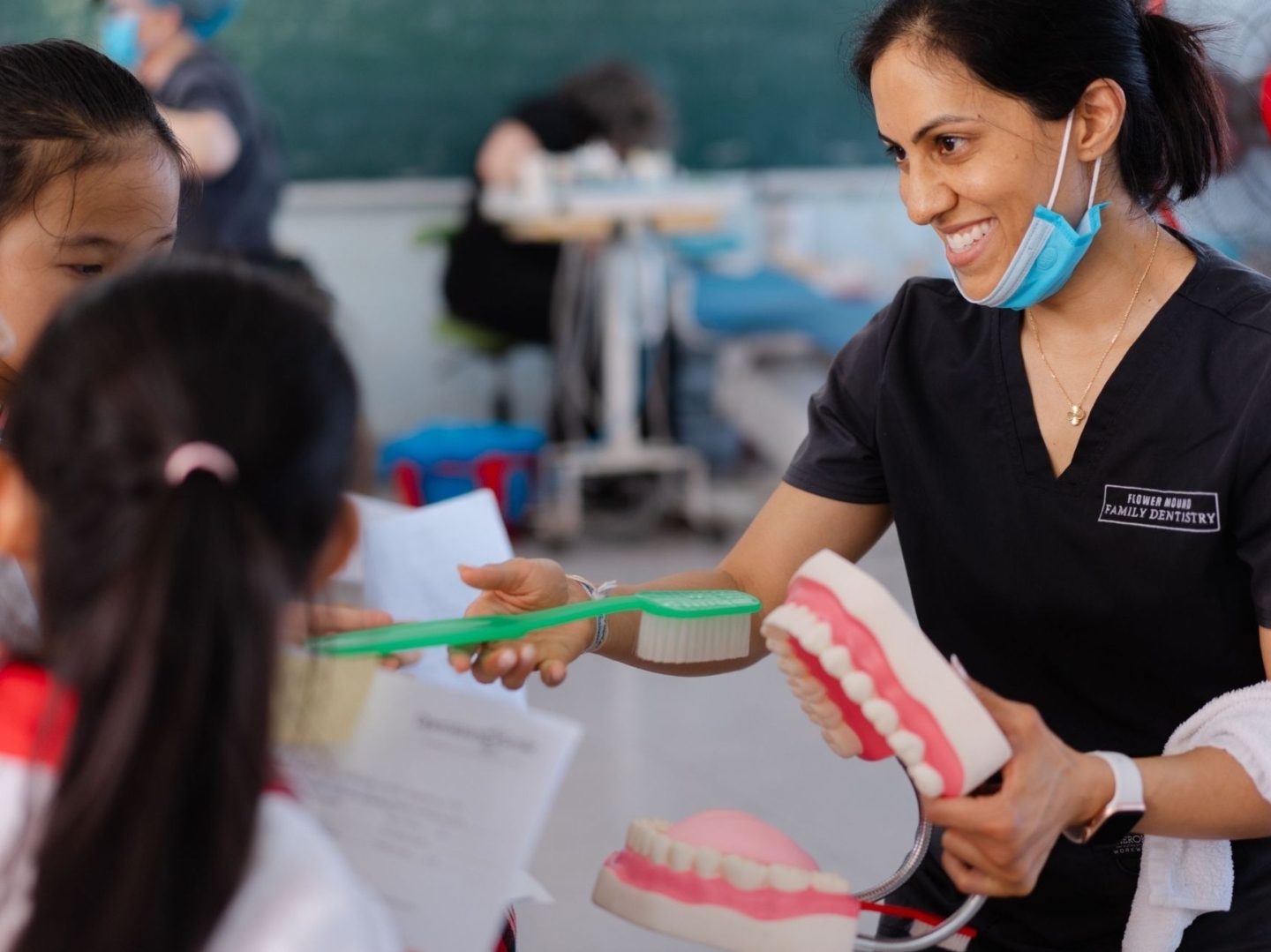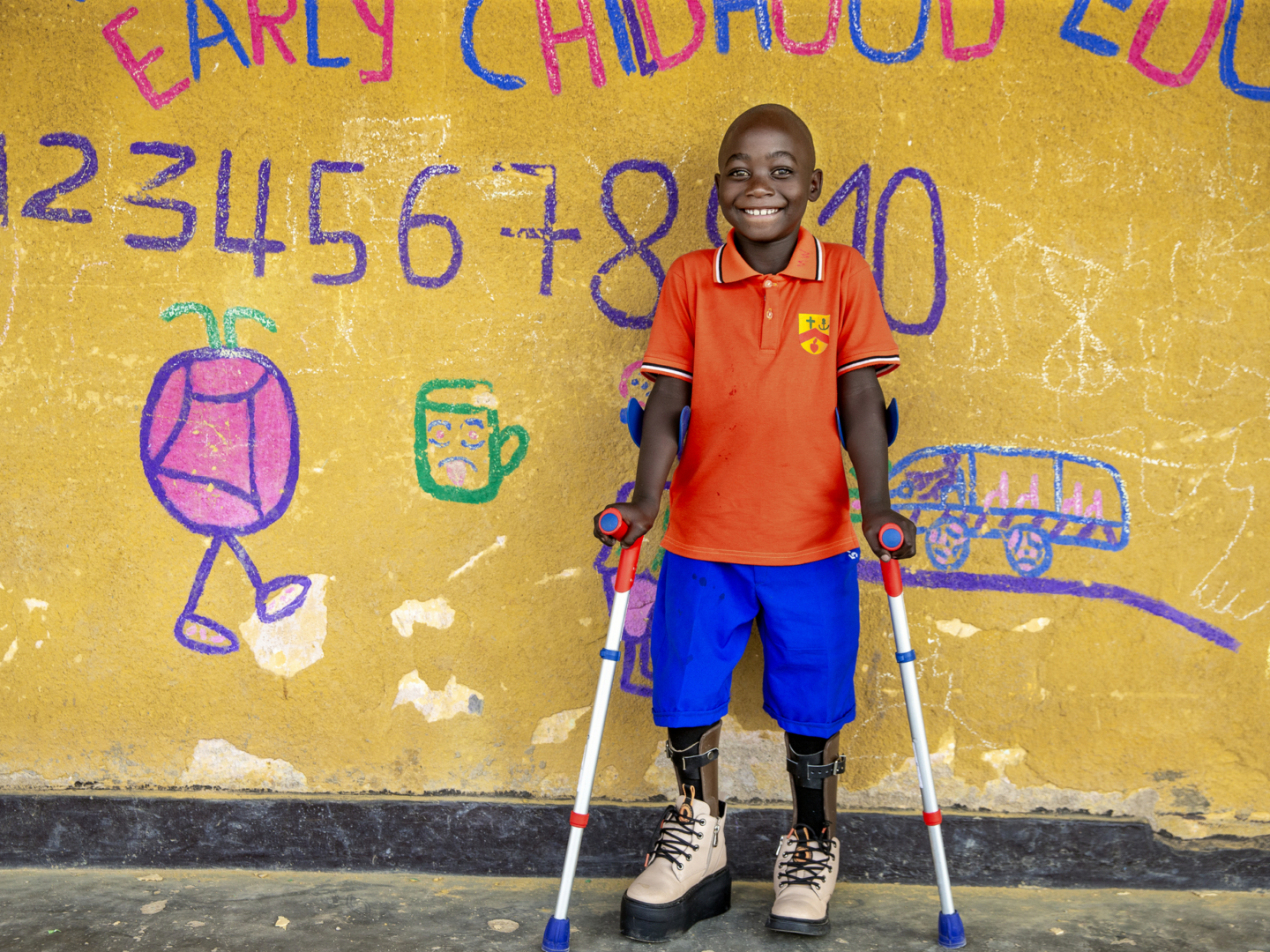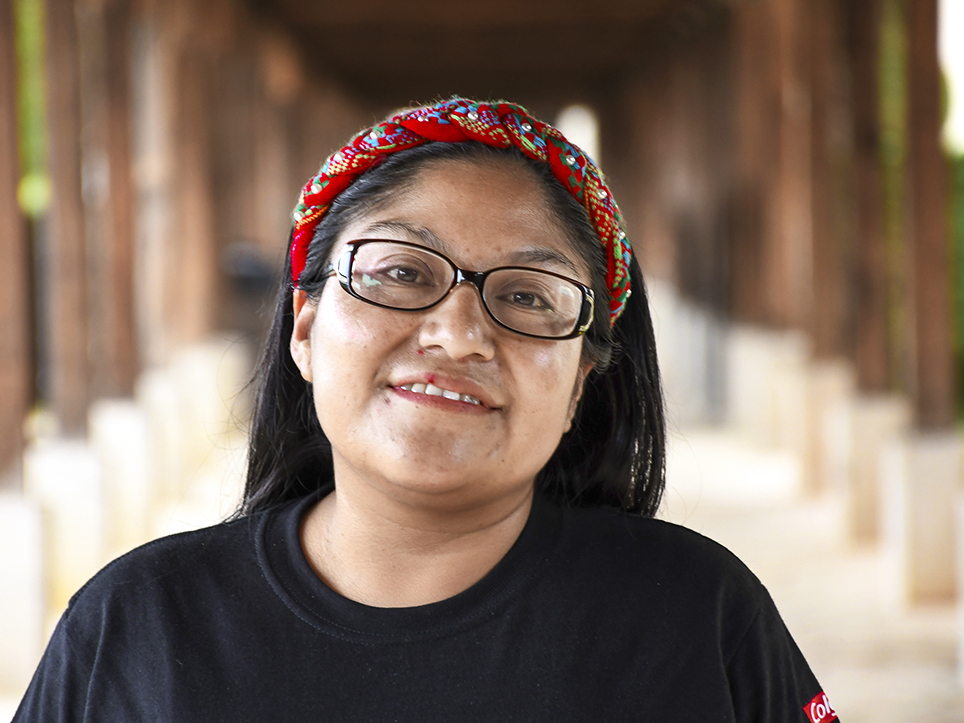Care Providers
Leading the Way: Q&A with Dr. Wone Banda

With a population of around 20 million people, Malawi currently has one female certified plastic surgeon delivering care.
Her name is Dr. Wone Banda.
The demand for more passionate and trained medical professionals in the country is dire.
“We don’t have enough doctors to go around,” Wone said. “The patient-to-doctor ratio is ridiculous. I wanted to contribute. I wanted to do something that had a meaningful impact for my country.”
But the need extends further than Malawi. Around the world, more than 5 billion people lack access to surgical care. By educating and empowering women through its Women in Medicine initiative, Operation Smile aims to equip more medical professionals with the skills and training required to increase access to care for more patients.
Wone is a plastic and reconstructive surgeon at Kamuzu Central Hospital in Lilongwe. Since 2017, she has been a volunteer, lending her expertise in surgery to Operation Smile and changing the lives of children born with cleft conditions.
“Something in me just moved and said, ‘Okay, this is what I want to do. I want to bring that kind of happiness to other parents out there,’” she recalls.
Since 2020, Operation Smile has brought all-women programs to patients living in Morocco, Peru, Malawi and the Philippines, providing mentorship opportunities and creating educational pathways for more women to become health care leaders in their home countries.
We touched base with Wone during the recent Women in Medicine Malawi program where she was one of 82 female volunteers in attendance. She shared more about her experience during the program and how it felt to be one of the surgeons serving an integral role in changing the lives of 84 patients.
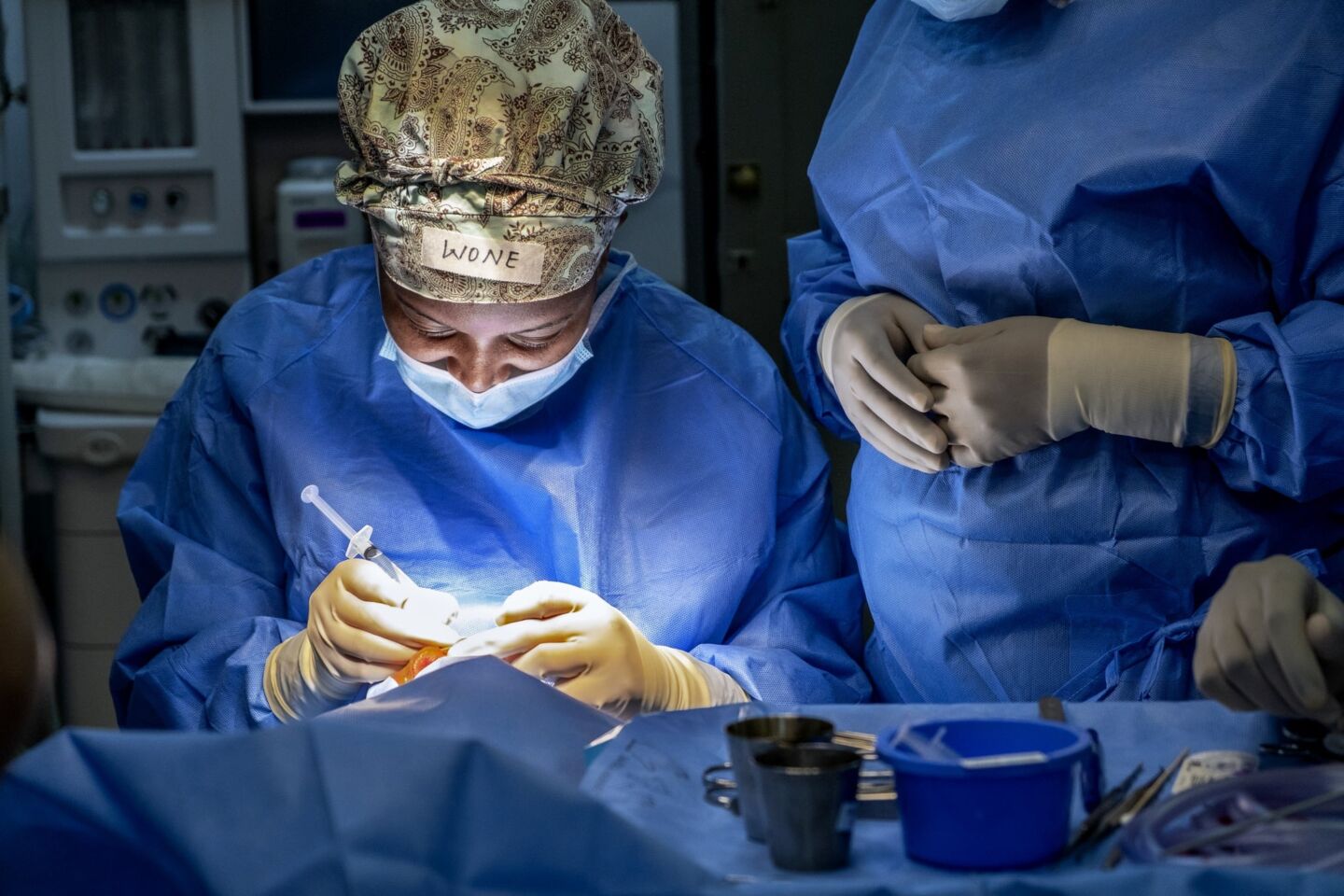
Q: Who or what inspired you to become a plastic surgeon?
A: “I just always knew I wanted to do something in medicine. Since I was a child, that’s something I always wanted to do. When I was in my third year of medical school, I was taken through the plastic surgery department, and I witnessed my then-consultant doing cleft lip surgery.
“I saw the child after surgery and talked to their mom. The story was really heartbreaking, and she was really emotional about everything that she’d experienced since the birth of her child. I had developed a bond with the mom, so I followed up with this child. I was involved in the surgery and the post-operative care. Immediately, the child came out of the operating room, and when mom saw her child, she burst into tears of joy.
“It was just the most moving thing that I’d seen so far in my experience as a medical student. Something in me just moved and said, ‘Okay, this is what I want to do. I want to bring that kind of happiness to other parents out there.’”
Q: What does it mean to you, in talking about this Women in Medicine surgical program, to be surrounded by so many women who are leaders in their own specialties?
A: “It is very inspiring and something that I haven’t ever seen. I have been involved in many [programs], and there were always male leaders. You’d meet other female surgeons who are equally as good, maybe even better, but for some reason, the leads were always male.
“This is really inspiring for me to see so many women flourishing in their different fields because I know within myself that we are capable. Just to have so many different women in different fields together, working together, it’s just beautiful.”
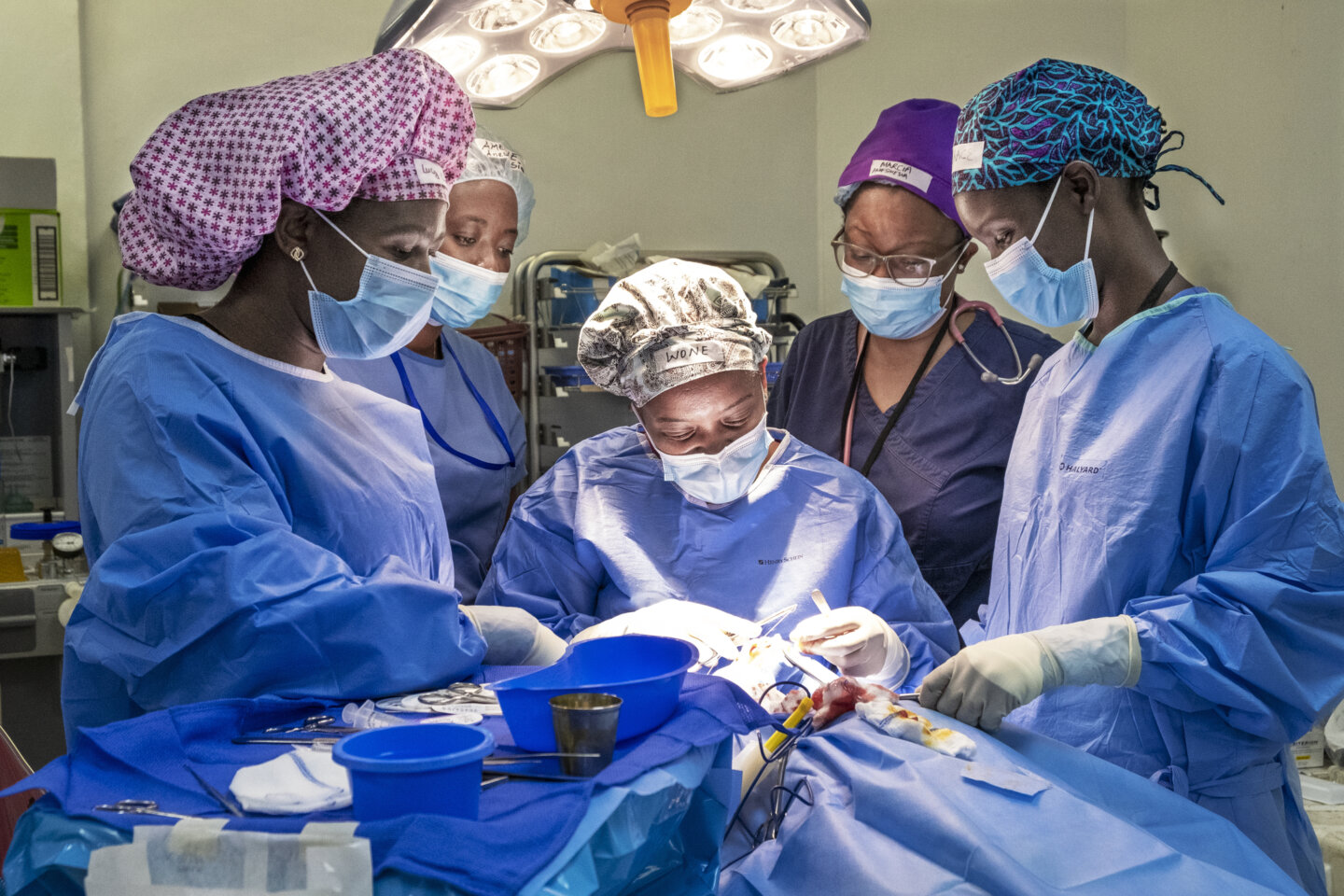
Q: In your opinion, what characteristics make up a strong and passionate woman in medicine?
A: “I think above all, you have to be compassionate. You have to have that quality where you are compassionate, both with your colleagues as well as the patients who you’re serving.
“Also, patience. You need it in this field to be able to work better with other people, to be a team player. You need to find an amicable way of resolving conflict. I think those are some of the qualities in a leader who is strong and passionate about their work.”
Q: What do you hope to see as the impact of this women’s program in Malawi?
A: “I think this is something that a lot of people in the medical field are aware of, that we’re having this women in medicine program in Malawi. Because we have a number of medical students currently doing their training. I’m hoping that it inspires them to go on and join this kind of mission. Whether they’re becoming a surgeon or decide to go into nutrition, whatever it is.
“I’m hoping it inspires more people so that we grow the capacity of the program locally and can serve more people. Maybe before they didn’t realize that as a woman, you can be a part of this because it was mostly male dominated. Now, it’s an eye-opener.”
